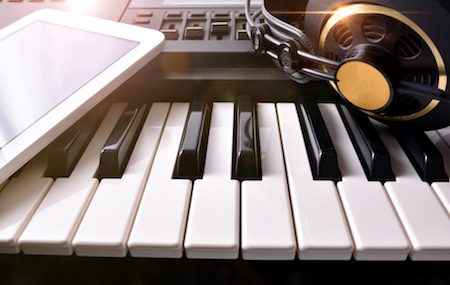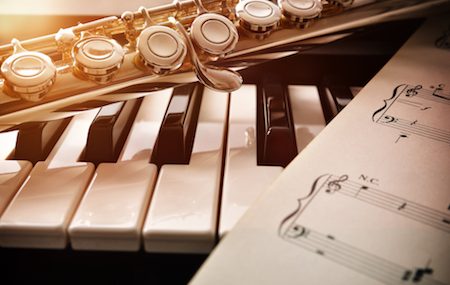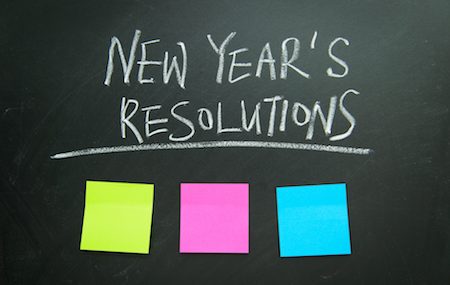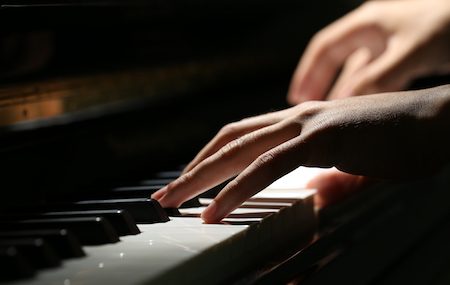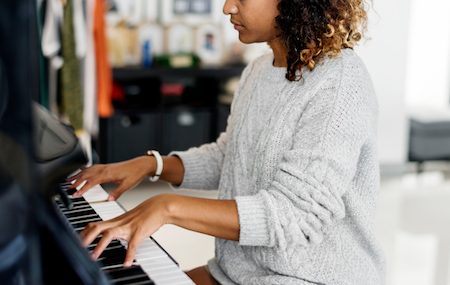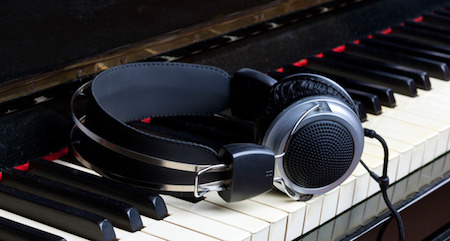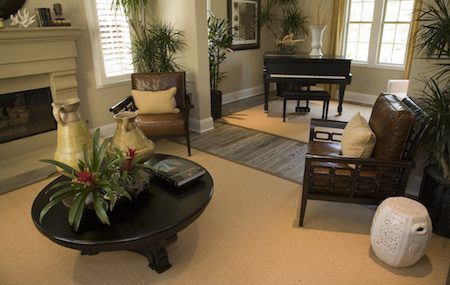When people pick up an instrument for the first time, it can be a precarious thing. We’ve all witnessed a child blowing into a trumpet, or banging on a drum until we’re ready to take the set away.
But a piano is different. We all have an innate skill to hunt and peck out a basic tune. Tap a few keys and it doesn’t sound all that bad. Of course, that all changes when you sit down with a piece of music and attempt to play a longer song. Suddenly, the hunt and peck method shines through. You play a few notes over and over and over … Let’s just say your family is ready to push the piano into a closet and not let you near it for a while.
Thanks to today’s technology, you can sit in the middle of family living space and play without others having to listen to your hunt-and-peck practice methods, until you’re ready to play the tune for an audience. By learning piano with headphones, you can actually improve the way you practice and play.
Listen better
Sometimes playing the piano can be a bit distracting. It’s hard to hear yourself play because of the ambient noise. Use headphones will allow you to hear every note, every tone. You can also use them for playback and carefully listen to where you can improve.
Avoid distractions
Even when you’re sitting in your home, distractions are everywhere. Family members ask questions. You remember something else to do in another room. By putting on headphones, they can act as a blocker against what’s happening around you, allowing you to focus on practice and the music.
Play on your schedule
A lot of busy families have trouble finding the time to practice. With headphones, you won’t make a sound, so you can practice whenever you choose. Practice while others are doing homework. Practice early before everyone wakes up. Or practice before you head to bed. Just plug in and you can practice as much as you want to.
Listen to the greats
Sometimes motivation can help you become a better player. If you’re trying to learn Mozart or Beethoven, use your headphones to listen to every note. You can concentrate on certain passages, and then use that as motivation to create your own music.
Of course, you’ll have to invest in high quality headphones. In this case, price does matter. Be sure they are full-sized, over the ear headphones to ensure they block out all ambient noise, and allow you to focus on only what’s important – you’re playing.
Have you ever tried learning piano with headphones? Has it made you a better player?
